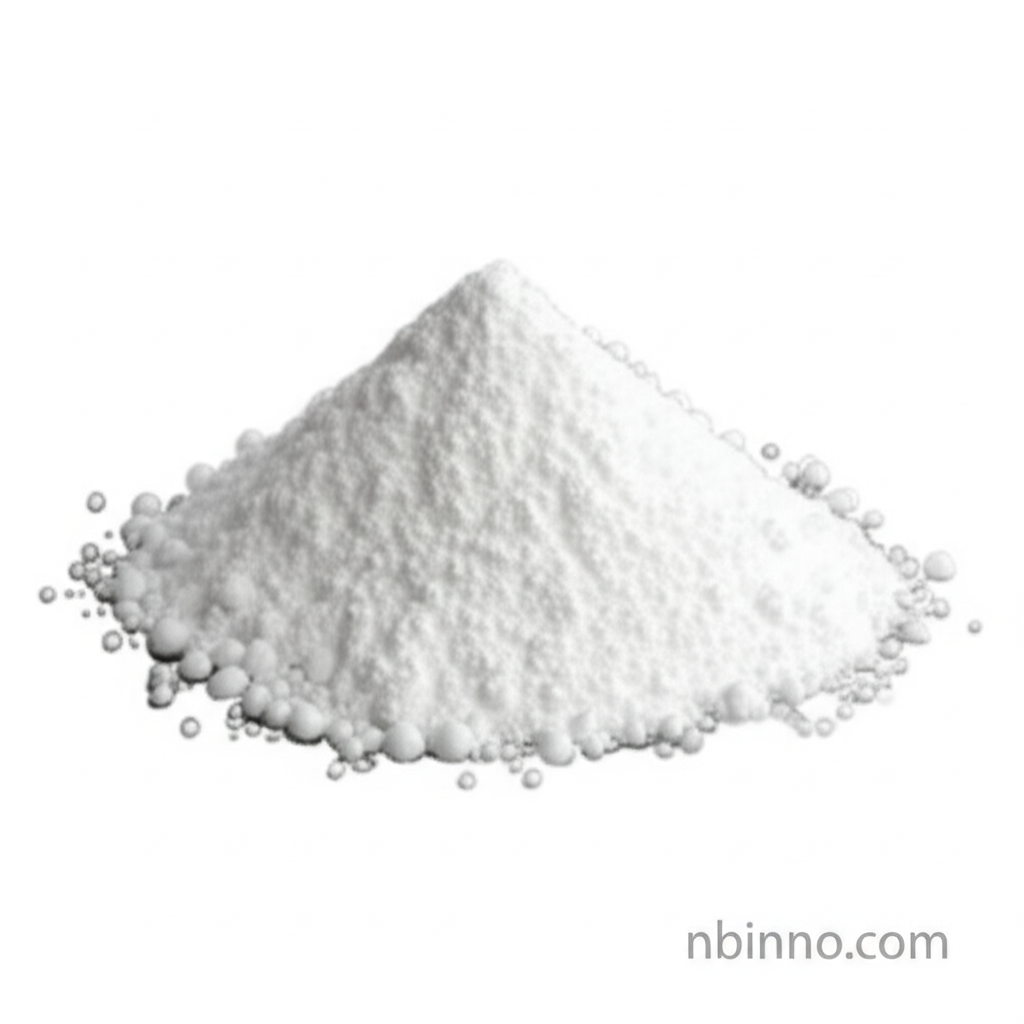1,3-Diaminoguanidine Monohydrochloride: A Versatile Intermediate for Pharmaceuticals and Energetic Materials
Unlock the potential of this key chemical for advanced applications in medicine and industry.
Get a Quote & SampleProduct Core Value

1,3-Diaminoguanidine Monohydrochloride
This compound is a crucial building block in the chemical industry, serving as a primary raw material for the synthesis of various essential products. Its applications span from pharmaceuticals, notably as a key intermediate in the production of Chlorhexidine, a widely used antiseptic and disinfectant, to the creation of energetic materials.
- The synthesis of Chlorhexidine relies heavily on 1,3-diaminoguanidine monohydrochloride as a critical intermediate, highlighting its importance in healthcare products.
- As a precursor for energetic materials, it contributes to the development of industrial explosives and propellants due to its high nitrogen content.
- In the agrochemical sector, it functions as a main raw material, supporting the agrochemical intermediate supply chain.
- Its versatility extends to general organic synthesis building blocks, enabling the creation of diverse chemical compounds.
Advantages
Chemical Versatility
The compound's structure allows for diverse reactions, making it a flexible component in pharmaceutical intermediate synthesis and other chemical processes.
Material Synergy
Its high nitrogen content is advantageous in the formulation of energetic materials, enhancing their performance characteristics.
Broad Applicability
From antiseptics to industrial chemicals, its role as a key intermediate supports multiple industries, underscoring its market significance for chlorhexidine intermediate production.
Key Applications
Pharmaceutical Manufacturing
Utilized as a key intermediate in the synthesis of Chlorhexidine, contributing to the development of antiseptics and disinfectants for medical and dental applications, showcasing its role in pharmaceutical intermediate CAS 36062-19-8.
Energetic Materials Production
Serves as a critical precursor for synthesizing dinitroguanidine-based compounds, vital for the production of industrial explosives and propellants, supporting the energetic materials precursor market.
Agrochemicals
Functions as a main raw material in the pesticide industry, demonstrating its utility in the broader agrochemical intermediate supply chain.
Organic Synthesis
Acts as a versatile building block, enabling the creation of various complex organic molecules and facilitating advanced research in chemical synthesis, aligning with its use as an organic synthesis building blocks.
